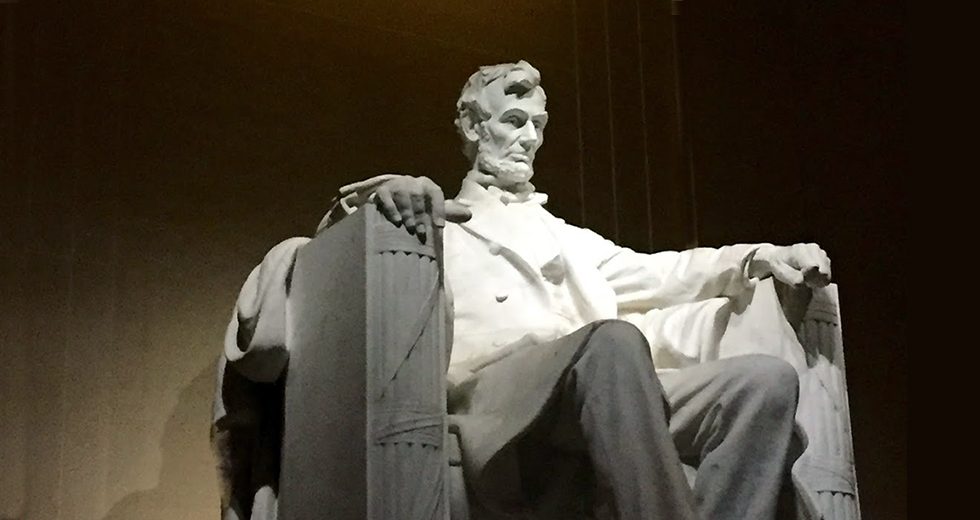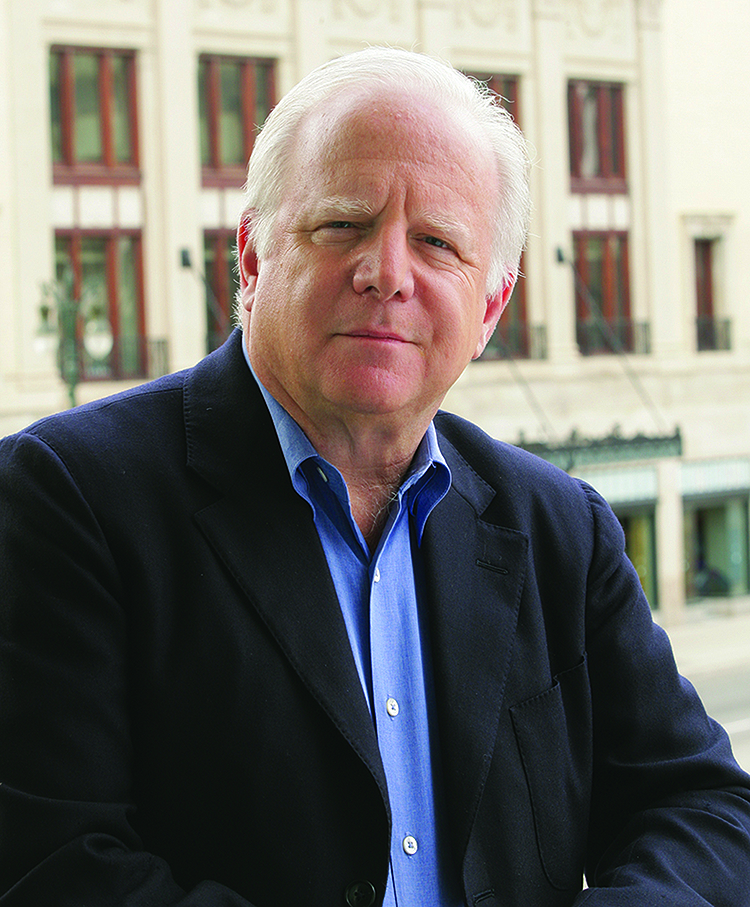
To mark the bicentennial of Abraham Lincoln, conductor-composer Leonard Slatkin wanted to explore the works written in tribute to the 19th-century statesman widely regarded as the nation’s greatest-ever president. “You’d be amazed how many pieces there are,” he said. He discovered 90 or so such works. “I was shocked, actually.”
As part of a program of works by American composers or inspired by American folk music, the Chicago Symphony Orchestra will perform perhaps the most famous musical salute to the 16th president: Aaron Copland’s Lincoln Portrait (1942). Music Director Riccardo Muti will be on the podium and actor John Malkovich will serve as narrator for the concerts April 12-14 and 17 at Orchestra Hall.

Conductor-composer Leonard Slatkin has an abiding interest in Lincoln-related music. | Photo: Donald Dietz/CAMI
Slatkin, a longtime specialist in American music, recorded the two-disc set “Abraham Lincoln Portraits” (2009) with the Nashville (Tenn.) Symphony for the Naxos label’s American Classics Series. The set features eight Lincoln-related works, culminating with Copland’s masterwork. “Maybe just because we know it, and it’s so masterfully put together, [Lincoln Portrait] obviously is the most popular,” said Slatkin, now in his 1oth and final season as music director of the Detroit Symphony Orchestra. “It’s done in native languages. I’ve done it in Russian. I’ve done it in French. And it gets a lot of play on the Fourth of July.”
But Slatkin resists calling it the most worthy of the Lincoln-related works. “I can’t say there is a best piece,” he said. “There’s a Charles Ives one [Lincoln, the Great Commoner, a 1912 work for chorus and orchestra] that is really wonderful. There’s a Morton Gould one [Lincoln Legend, 1942] that’s excellent.”
Both are included on the Naxos set. Also featured is Vincent Persichetti’s A Lincoln Address, Op. 124, which has an unusual history. It was supposed to be performed at Richard Nixon’s second inauguration in 1973 but after disputes over the text between the composer and the inaugural committee, the piece was dropped. It was premiered shortly thereafter by conductor Walter Susskind and the St. Louis Symphony, who brought it to Carnegie Hall the following month. “It’s a fine piece, but the really cool speeches had already been taken by Copland,” Slatkin said.
Rounding out the album are Roy Harris’ Abraham Lincoln Walks at Midnight, a 1953 chamber cantata based on a 1914 poem by Vachel Lindsay; Ernst Bacon’s Ford’s Theater, a 1946 suite of 12 short pieces originally conceived as incidental music for a play titled Death, Mr. President; George McKay’s To a Liberator (1940), and Paul Turok’s Variations on an American Song, Op. 20, Aspects of Lincoln and Liberty. “These are all worthwhile pieces,” Slatkin said. “At the time, [the set] just seemed like an interesting idea.”
More recently added to the canon of Lincoln-related music is John Williams’ score for “Lincoln” (2012), directed by Steven Spielberg. Williams spent four days with the CSO in Orchestra Hall recording the soundtrack, which went to to receive an Oscar nomination for best score. Slatkin praised Williams’ understated approach to the music and his use of a trumpet as the voice of Lincoln, both heroic and sad. The CSO will perform With Malice Toward None from the “Lincoln” score, in concerts April 26-29, conducted by Williams himself. Frequent guest maestro Richard Kaufman will take the podium for the first half of each concert.
TOP: The Lincoln Memorial in Washington, D.C. | Photo: Wikimedia Commons